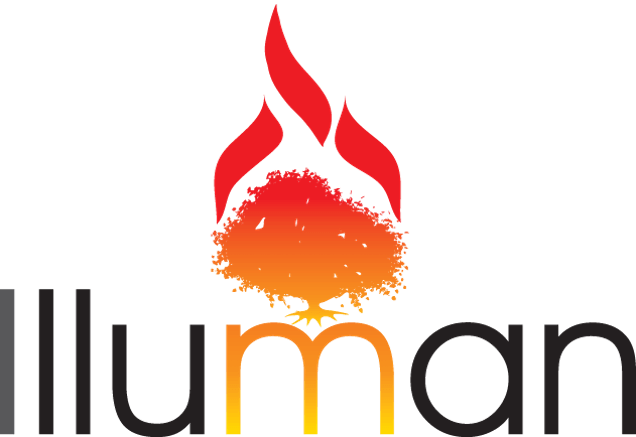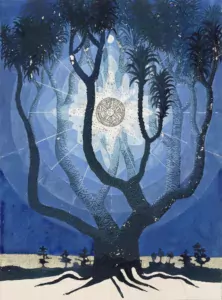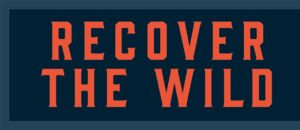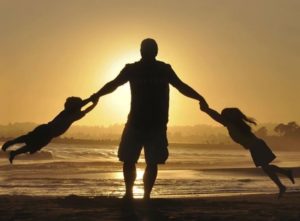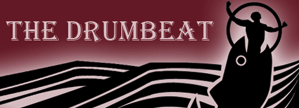One day in middle school we were given an assignment to design our own tombstone. This assignment had a lasting impression on me as I can still picture the room and the chair with a pull-up desktop that I was sitting in. However, most compelling was the tombstone that appeared in my mind that day. My name, John David Wenger, was carved in stone and under my name was written, “A man of God.”
I have no memory of the design that I actually handed in. It wasn’t the one that came to my mind, because I didn’t have enough courage to be so blatantly Godly in my public middle school. But the image remains, permanently etched in my soul, ever calling me toward my truest identity.
I am the only son. I grew up immersed in a world of women, three older sisters and a mother. My dad was a farmer, a solitary man who was often in a distant field or preoccupied with urgent work. I was most comfortable hanging around the house with my mom. When I looked bored she would say to me, “Go see what your father is doing.” I hated when she said that. I didn’t want to enter dad’s world. I was afraid of it. I was afraid of him. When I did venture out to the barn and find him he would invariably ask me to go fetch the crescent wrench or something else just as elusive to me. I would bring the wrong tool and he would harrumph. Sometimes I tried again. More often than not I couldn’t deliver what he wanted.
I was 14 when dad died in a road accident. At the funeral my mother, sisters and I stood in a line by the casket as friends and relatives passed by offering words of solace. More than one person said to me, “Well, you’re the man of the family now”. Please no. Please don’t put that on me. I don’t even know what it means to be a man let alone the man of the family. I stood on the threshold of manhood looking in. I wanted to belong but I didn’t know how to enter on my own.
Nevertheless, I moved through the usual rites of passage into adulthood. In the span of nine months at age 26 my wife and I bought our first home on Capitol Hill in Washington, DC, had our first child, and bought a small business. The business grew, our family grew (three daughters and a son, in that order—do you recognize the pattern?), my wife and I were leaders in our church, and we were well regarded in the circles we moved among. I was being the man, even the man of the family. But still there was an ache in my soul that mostly got covered up with the activity of living.
Until one Sunday morning when I sat alone at the dining room table breathing in the stillness of the new day. Light streamed through the large window by my chair. I cherished the mornings when I got up before my wife and children, feeling fully rested and ready to receive the day. I noticed the book review that my wife recommended to me the day before. I was intrigued by the title, “To Own a Dragon, Reflections on Growing up Without a Father.” I did not read long before discovering that author Donald Miller was telling my story and little did I know what his words would evoke in me.
“…in writing some thoughts about a father, or not having a father, I feel as though I am writing a book about a dragon or a troll under a bridge. For me a father is nothing more than a character in a fairy tale. And I know fathers are not like dragons in that fathers actually exist, but I don’t remember feeling that a father existed for me. I don’t say this out of self-pity, because in a way I don’t miss having a father any more than I miss having a dragon. But in another way, I find myself wondering if I missed out on something important.”
As soon as I finished the paragraph I began to sob bitterly. My groans were guttural, coming from a deep, wounded place inside. Like Miller, I didn’t miss having a dad. In fact, I felt like I got off easy by not having a dad. I never had to stand up for myself when my way was different from his. I never had to learn how to relate to him man to man. And this was all just fine with me until Donald Miller told my story and I too began to wonder if I missed out on something important.
I cried for most of the day, not on the surface, but inside. My family didn’t know it, the folks at church were not aware of my grief, but by the end of the day my insides hurt and I was exhausted. That was the day I began to care about being fatherless.
In the days that followed, I realized that my apathy toward fatherhood was not only directed at my own father, but more significantly toward me as a father. The fact that I didn’t value fatherhood was suddenly unsettling. Fathers matter, I was beginning to believe.
With this growing awareness I knew that the time was right for me to do the Men’s Rites of Passage. My initiation experience was one of feeling welcomed into the company of men for the first time in my life. Each day I sat in a circle of 50 men, we drummed together, there was fire and blood and sweat (and yes, tears). I felt with certainty that I no longer stood on the threshold of manhood looking in but rather in the midst of manhood looking out at the world with new eyes. I belonged. I was one with the universal spirit of man in all of creation. A man of God.
A few odds and ends in closing: I am co-director of The Hermitage, a contemplative retreat center in Three Rivers, MI. I am a spiritual director and a massage therapist. I enjoy watching movies, singing, playing games, thrift-store shopping, walking, cooking and baking bread. When the kitchen floor is clean my whole world is in order.
David Wenger

